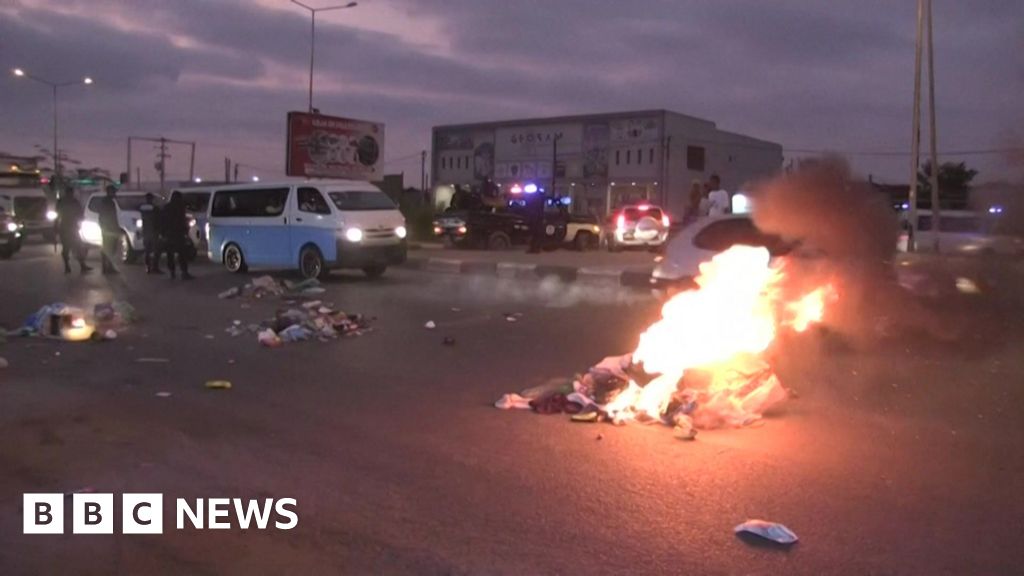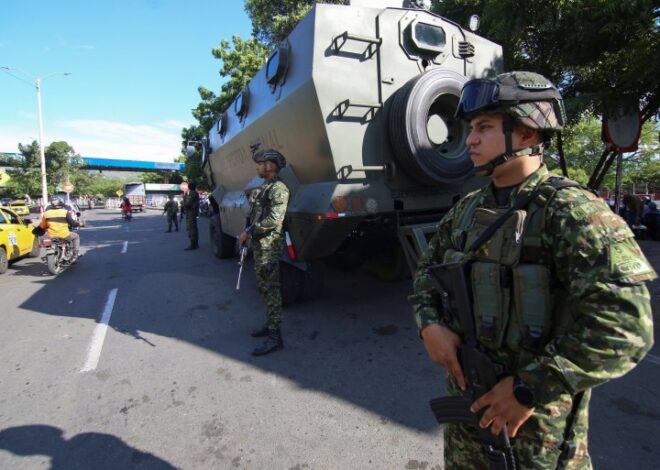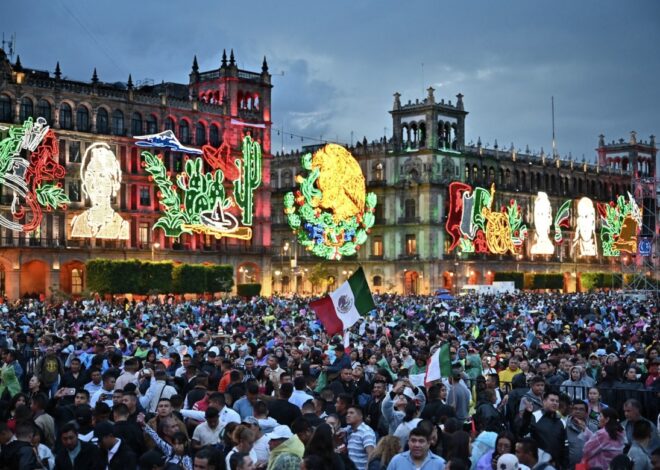
Angola's deadly protests: 'The hungry can't stay silent'

Angola’s Deadly Protests: Voices of the Hungry
Background of the Protests
In July, a wave of protests erupted in Angola, particularly in the capital city of Luanda, marking a significant moment in the country’s socio-political landscape. What started as a movement led by taxi drivers protesting a surge in fuel prices quickly escalated into violent confrontations over three days, resulting in the deaths of at least 30 individuals and the arrest of thousands. This unrest has been described as one of the most notable protests since the end of Angola’s civil war in 2002.
As Angola approaches the milestone of 50 years of independence from Portugal on November 11, the protests have underscored persistent issues of poverty and inequality that continue to plague the nation. Many residents in Luanda’s poorer neighborhoods remain hesitant to discuss the events of July, fearing repercussions due to the numerous arrests that followed.
Voices from the Streets
A 24-year-old street vendor from Luanda, who chose to remain anonymous, shared his perspective on the protests. He expressed that while the situation may have spiraled out of control, it was necessary to make their grievances heard. Having dropped out of school before completing secondary education, he sells soft drinks along Avenida Pedro de Castro Van-Dúnem Loy, one of Luanda’s busiest streets, to support his family. For him, participating in the protests was a way to assert that people like him deserve a share of the nation’s wealth—a wealth that, in his view, has benefited only a select few.
The informal sector is the lifeline for many Angolans, as they strive to make ends meet amid the backdrop of towering skyscrapers financed by oil revenues. “We have a voice, and that’s why we can’t stay silent,” he said, highlighting the struggles faced by countless young people in the country.
The Youth Unemployment Crisis
Youth unemployment is a critical issue in Angola, where the median age is under 16. Official statistics indicate that unemployment among individuals aged 15 to 24 stands at a staggering 54%. Of the 18 million young people of working age, only three million are employed in the formal sector, which includes regular wages and tax contributions. The high rate of unemployment has fueled discontent and driven many young people to the streets in search of change.
The street vendor lamented that there are months when he struggles to sell anything at all, a reality shared by many in his community. “That’s why we can’t stay silent,” he reiterated, emphasizing the urgency of their plight.
Sociological Insights
Angolan sociologist Gilson Lázaro noted that the protests were not unexpected. He described the demonstrators as “the dispossessed”—young individuals who feel they have nothing to lose. The protests began in some of Luanda’s most densely populated and impoverished neighborhoods, where residents often lack access to basic sanitation and essential services. As the unrest spread, it revealed deep-seated social issues that the political elite have long ignored.
Dr. Lázaro pointed out that Angola has been facing a profound social, economic, and political legitimacy crisis, rooted in the flawed governance since the civil war ended in 2002. The ruling Popular Movement for the Liberation of Angola (MPLA) has maintained power since independence, and while there were expectations for change with President João Lourenço’s election in 2017, critics argue that he has failed to deliver on promises of reform.
Economic Challenges
Despite Lourenço’s attempts to address corruption and diversify the economy, Angola remains heavily reliant on oil and gas, which constitute the majority of its exports and government revenue. Although the economy showed signs of recovery in 2022, driven by non-oil sectors, the benefits have not reached most Angolans. A report from the World Bank indicated that over a third of the population lives on less than $2.15 per day, with many feeling increasingly marginalized.
As the country prepares for independence celebrations, including music festivals and sports events, young Angolans like Lea Komba, a 20-year-old political science student, voice their concerns over the stark inequalities in society. Komba expressed that the protests were both terrifying and anticipated, given the government’s neglect of youth issues. She emphasized that protests are often the only means for young people to express their dissatisfaction with their dire circumstances.
Government Response and Future Outlook
The Angolan government has taken a critical stance toward the protests. In a national address on August 1, President Lourenço condemned the demonstrations as acts of “irresponsible citizens,” suggesting they were manipulated by external forces. His administration has faced criticism for its inability to address the ongoing cost-of-living crisis and for failing to implement meaningful reforms.
Economist Francisco Paulo highlighted the mismanagement of the country’s natural resources, suggesting that if Angola adopted practices similar to those of Norway or Saudi Arabia—using oil wealth to develop non-oil sectors and enhance workforce capabilities—the nation could thrive. Unfortunately, he noted that current revenues are often squandered on superficial expenses.
As political awareness among the youth grows, Komba anticipates that protests will continue leading up to the 2027 elections. She believes that the authorities must address the root causes of unrest rather than merely reacting to its symptoms. “The looting was simply the way young people found to draw attention from those in power,” she stated, underscoring the need for genuine dialogue and reform.
Key Facts
– Protests in Angola began in July 2023, sparked by a rise in fuel prices.
– At least 30 people were killed, and thousands were arrested during the unrest.
– Youth unemployment in Angola stands at 54%.
– Over a third of the population lives on less than $2.15 per day.
– President João Lourenço has been in power since 2017, succeeding José Eduardo dos Santos.
– The MPLA has ruled Angola since its independence in 1975.
As Angola approaches its 50th anniversary of independence, the ongoing struggles of its youth and the call for change remain at the forefront of the national discourse.
Source: www.bbc.com


